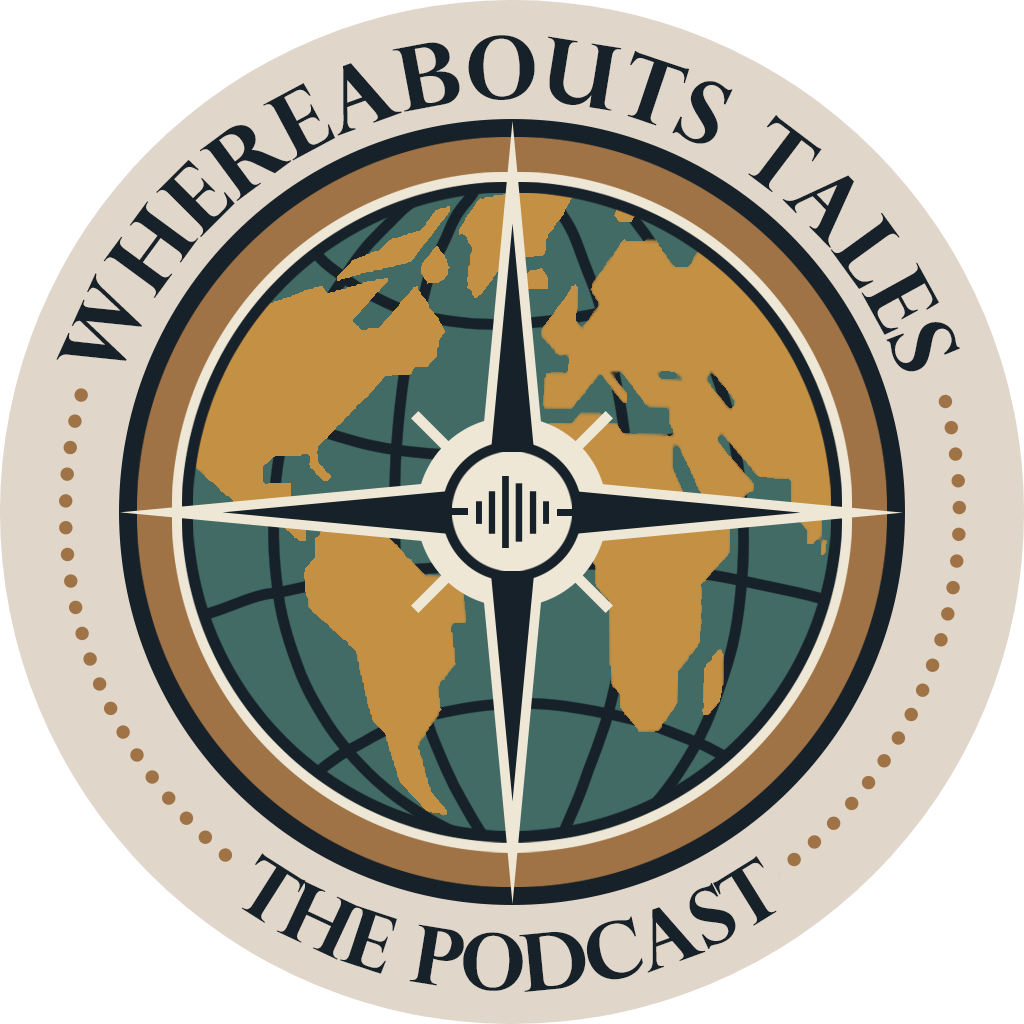Where Science Meets Soul: Unpacking the "Call of Wonder" with Brian Cranley
Episode #0044
Some conversations don’t just fill the air, they open it.
My recent talk with Brian Cranley, author of The Call of Wonder, was one of those rare moments where science, faith, and philosophy stopped being rivals and started sounding like old friends rediscovering each other.
Brian’s story begins in Texas, part medical device salesman, part theologian, part philosopher. “I studied biomedical engineering and theology,” he told me, “and for a long time, I didn’t think they’d ever meet.” That changed one evening when a YouTube video about the Big Bang turned into something far greater than a casual science binge.
He saw connections, not in equations, but in meaning. The “grand unified theory” describing how all forces and energy were once one reminded him of something ancient: the divine simplicity described by Aristotle and Thomas Aquinas, the idea that in God, everything is one. No divisions. No fragments. Just unity.
And suddenly, those centuries-old texts weren’t dusty anymore. They were alive.
Science and Faith: A Tale of Two Curiosities
What struck me during our conversation was how natural Brian’s blend of curiosity felt. His parents were chemists. His education, a mix of physics and theology. He didn’t grow up running from contradictions, he grew up chasing them.
That curiosity became the heart of his book. “I wanted to join the conversation,” he said, “to bring old ideas back to modern life, because we’ve lost something.”
He’s right. We live in an age that’s obsessed with certainty. Yet, what both science and faith share is not certainty, it’s wonder.
It’s the feeling that there’s always more to understand, that curiosity is sacred in itself.
Brian calls it the call of wonder. that quiet invitation we all feel to look deeper. Whether you’re peering through a telescope, walking into a cathedral, or just watching your child ask why the sky changes colors, that moment of awe, he says, is a form of worship.
The Three Miracles of Science
Cranley structures his book around what he calls three miracles of science:
The Universe — how something can come from nothing.
Life — how the non-living became living.
The Mind — how consciousness arose from matter.
You can hear the awe in his voice when he talks about them. “These events shouldn’t be possible by random chance alone,” he says. “They echo something intentional.”
Whether you call it divine design or cosmic coincidence, you can’t deny the strangeness of it all. He sees in these “miracles” the same pattern that runs through scripture, where God acts through the ordinary: water, bread, mud, breath. The natural becoming the sacred.
Wonder as a Spiritual Practice
When I asked Brian how he keeps his sense of wonder alive, his answer was disarmingly simple: “Fifteen minutes outside every day.”
He’s a father of two daughters, and he’s intentional about showing them that faith and science don’t compete, they complete each other. “I want them to love both,” he said. “To know the stars and the soul.”
For him, wonder isn’t just an idea. It’s a practice.
He reads philosophy for the same reason most people do yoga, to stretch the mind, to breathe deeper, to feel alive.
And maybe that’s something we’ve lost, the ability to stop scrolling and just marvel.
Between the Microscope and the Telescope
At one point, I asked Brian: Telescope or microscope?
He didn’t even hesitate, “Telescope. I’m a space guy.”
That says a lot about him. He’s not afraid to look up and admit we don’t have all the answers. And yet, he’s equally fascinated by what’s within. For him, the human soul is as mysterious as any black hole, not a metaphor, but a real hybrid of body and spirit.
It’s a refreshing take in an age where AI pretends to replicate thought but never truly feels. “AI is fascinating,” he said, “but it lacks depth. It lacks the human touch.”
He’s not anti-tech. He’s pro-wonder.
Why It Matters
At its heart, The Call of Wonder is not about proving faith through science. It’s about restoring meaning through curiosity.
It’s a reminder that you don’t have to choose between believing in God and believing in gravity. You can read Aquinas and watch Brian Cox, attend church and visit CERN, and still be fully human.
“Wonder,” Brian told me, “is the well that never runs dry.”
And maybe, just maybe, rediscovering it could be the cure for the cynicism, burnout, and quiet despair that seem to haunt so many of us.
Because when you stop to wonder, even for a moment, life starts to feel infinite again.
📚 The Call of Wonder by Brian Cranley is available on Amazon, Barnes & Noble, and Bookshop.org.
You can read the first chapter for free at briancranley.com.
🎙️ Listen to the full conversation on Whereabouts Tales — available on Spotify, YouTube, and all major podcast platforms.

